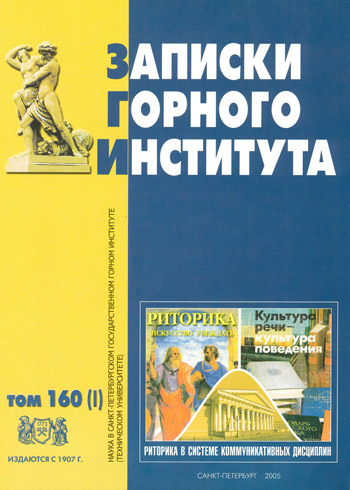Cultural aspects of the formation of rhetoric in antiquity
- G.V. Plekhanov Saint Petersburg Mining Institute
Abstract
The article analyzes the prerequisites for the flourishing of rhetorical knowledge in the classical antiquity. As the main factor the pragmatic and democratic nature of the ancient Greek civilization is pointed out, within the framework of which a special type of identification of the subject of culture was formed, based on the formation of self-consciousness of a free citizen. This type of identification was embodied in the ancient system of education, which included three aspects: culture of body, culture of speech and culture of mind. Thus, the ancient rhetorical art appears as an element of a holistic cultural system. Accordingly, subsequent attempts to transfer rhetoric to a different cultural soil should be considered from the point of view of transformation of its functions and structure.
